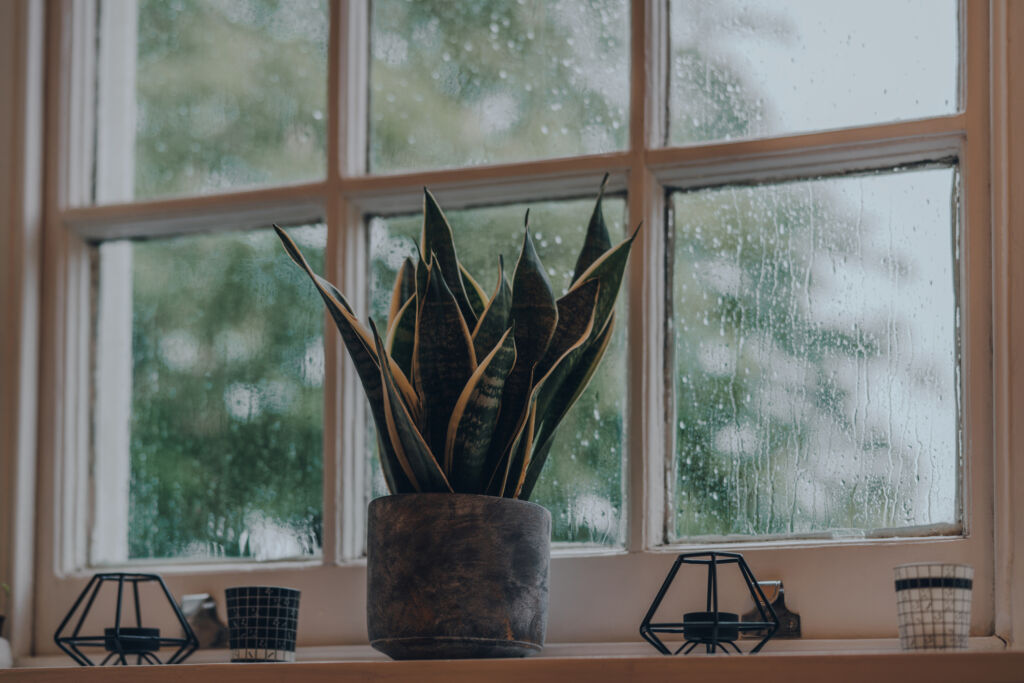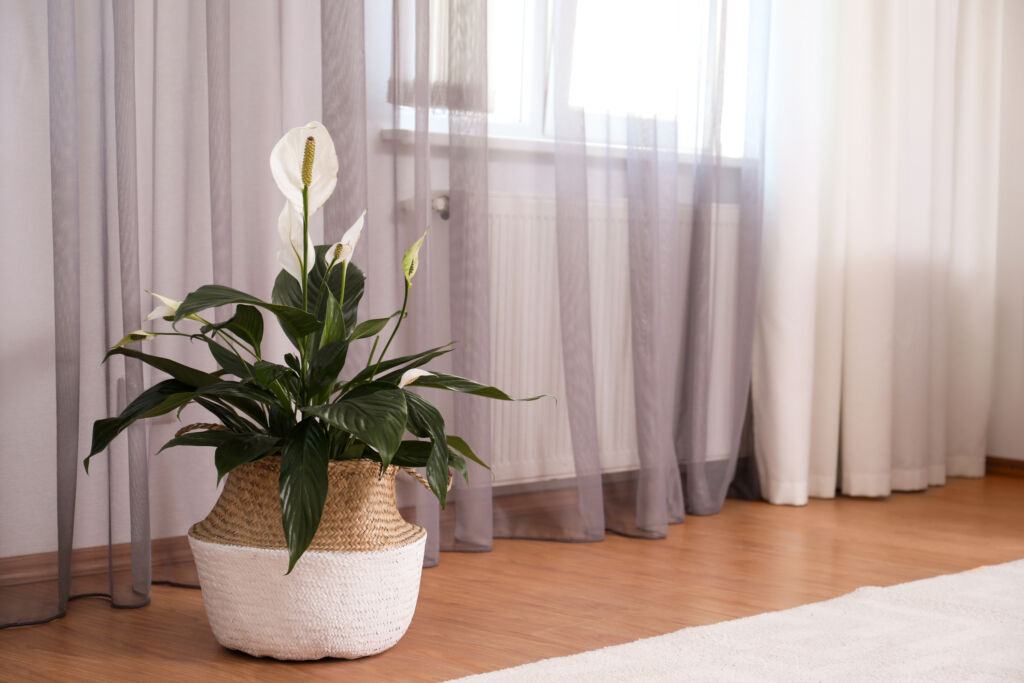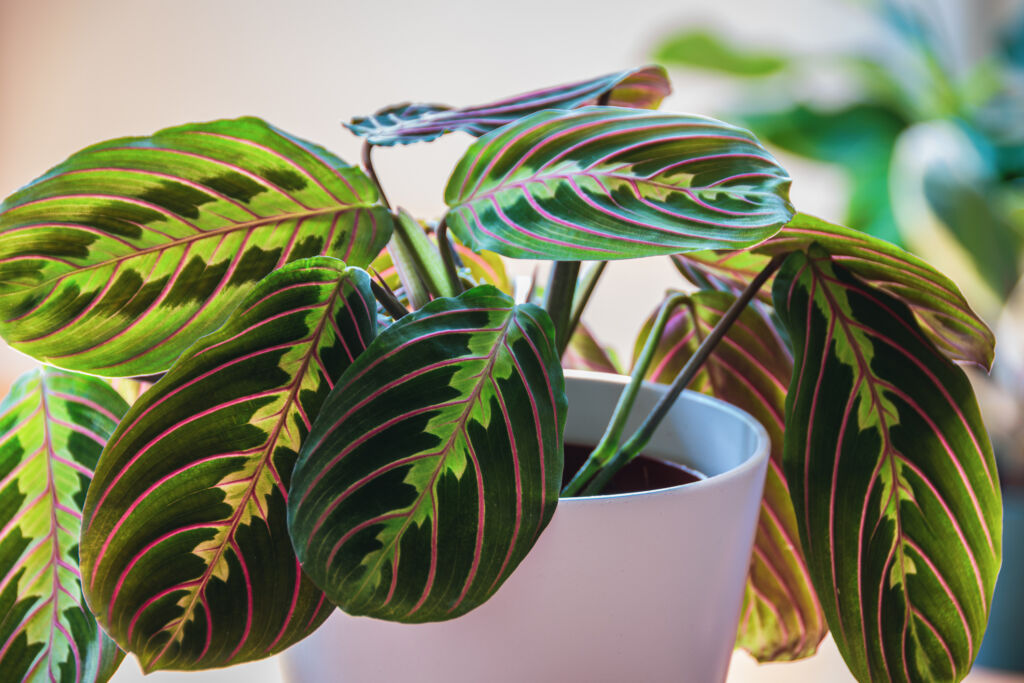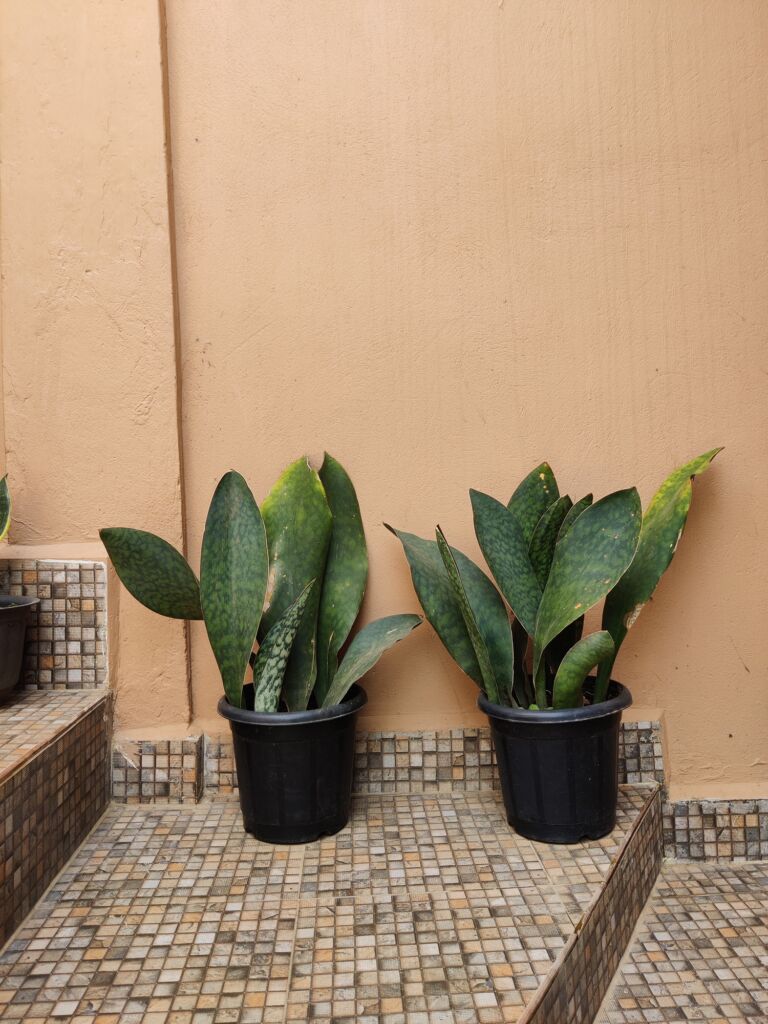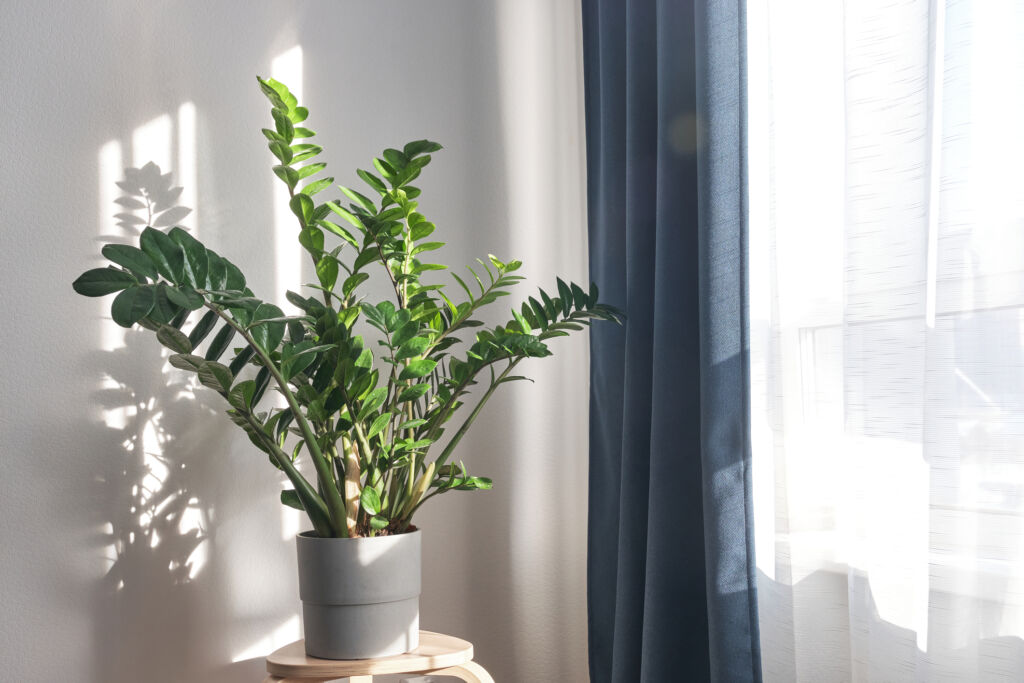HousePlantJoy is supported by our audience. When you purchase through one of our links, we may earn a small affiliate commission. As an Amazon Associate I earn from qualifying purchases. Your cost is not affected.
==================
Find Houseplants That Like Low Light
Tend to grow houseplants that like low light if your home doesn’t have a lot of constant natural light. Even if you only have a few windows and open areas, you can still have fresh greenery inside. Some plants can thrive in and prefer low-light conditions. Besides, they can do well with auxiliary lights and are often low-maintenance houseplants. So they are appealing to novice and seasoned plant lovers in many ways.
This article has a collection of undemanding houseplants that can grow in the shade. This list is good if you see yourself unable to raise plants or are busy yet want to have an indoor garden. So read on to become acquainted with these plants.
Needs Of Houseplants That Like Low Light
Low-light houseplants can manage with very little or medium illumination. They need to face certain directions several hours a day to survive. Some can live well in rooms with windows in the east or south. Areas with an opening on the north side may need fluorescent lights or LED bulbs switched on. Shaded spots with plants can do well with grow lights or full-spectrum bulbs for the best growth. Besides, plants that don’t demand to be outside are ready to stay where there are fewer light rays. They usually have broad and thin leaves to catch light wavelengths. So it makes them easy to tend.
Like other plants, they need enough water, the right temperature, and appropriate fertilizer. As you would expect from most living things, they have various needs. To make them live well, take care of their hydration, comfort, and nutrition. Rotting and dead foliage, stems, roots, and other parts need pruning too. Still, there’s also the matter of pest control. Hence, it takes more than putting them in a place where some light is available.
List Of Houseplants That Like Low Light
Considering that they have low light requirements, having these indoor plants is beneficial. They are excellent at decorating the interior of a house due to their versatility. There’s no doubt about them looking exceptional since most plants are attractive. But owners can put them in different areas because of their adaptability to shaded spots. So, with them as your houseplants, you get the freedom to redecorate if you want to. That is despite the weather changes that come from time to time.
As said, only some plants can withstand not having continuous sun exposure. It pays to know them since they can give your garden a variety of vegetation. Below are some houseplants that are easy to manage under low light conditions.
Peace Lily
Also called Spathiphyllum, it’s an attractive houseplant that can survive in the dark. Whether you have low or bright indirect daylight or auxiliary light, it can thrive. Giving it some glow for six to eight hours indoors is enough. But that is if you could also provide it with its other requirements as a plant. People put this ornamental plant in the corner for home design and to purify the air. With its oval and dark green leaves, plus fragrant white flowers, it’s more than gorgeous. It’s also considered an evergreen and perennial houseplant. So it’s a plant that doesn’t shed foliage and lasts for years.
Despite not needing plenty of sunshine, it requires constant hydration. It may belong to the houseplants that like low light, but it still has other needs to address. Water it once a week when its acidic and well-draining soil turns dry. Misting several times weekly also works to replicate rain. But make sure to space watering to avoid overdoing it. Applying balanced fertilizer to it every month and a half helps it thrive. Yet you need to fertilize the soil every other month or so only when it’s growing season or spring when it blooms. It requires little fertilizer to stay alive. Since it doesn’t demand constant attention and can thrive in darkness, it’s practical. Hence, many take care of this houseplant or give it as a present.
Maranta leuconeura
Of the different houseplants that like low light, this is also the one that has an artistic look to it. Also called the prayer plant, it’s a tropical, perennial, evergreen, and flowering plant. It requires about 6 to 8 hours of bright and indirect sunshine. Direct sun exposure may cause the leaves to get scorched. Due to its broad, oval, and patterned foliage, folks identify and appreciate it. The leaves are green for the most part, but they display other hues too. It blooms tiny white flowers in late spring or early summer. But, when indoors, it often doesn’t give blossoms. It is a good thing since fewer flowers mean better foliage. So people in temperate climates take care of it.
This plant grows in acidic and aerated potting medium. Thus it’s a good idea to put peat moss, loamy soil, and coarse sand in its container. Also, it prefers warm temperatures and may get shocked by a sudden chill. Make its soil dry or hydrate once every 2 to 4 weeks during wintertime. When it’s growing, watering every 1 to 2 weeks will suffice. Still, you can try to give it a diluted water-soluble fertilizer with an NPK ratio of 10-15-10 from spring to fall. It’s every two weeks during that time and lesser when winter comes. Withstanding darkness, you can include it as one of your bedroom plants.
Snake Plants
It’s also one of the enduring houseplants that like low light. Owners can place it in a basement, apply less soil and water, and it will still survive. Also termed Dracaena Trifasciata, it’s a hardy plant that can endure the wintertime. Even if it can’t take frost, it can thrive indoors when provided with light and water. It only needs around 5 hours of indirect sunlight and requires water once every two weeks or so when it grows. Yet, for it to live well, it must have stability. Set a steady feeding schedule for it and leave it alone. Try to keep it in warm areas where the temperature doesn’t change. Neglecting it for weeks is fine, but check on it often. So it’s an exceptional plant for busy people.
Its leaves are firm, upright, large, sword-like, and two feet long. The foliage is often green that has yellow stripes. Putting it near windows is helpful to its growth as an ornamental piece indoors. It can take medium sunlight exposure, and there’s no problem placing it in corners. Plus, it converts carbon dioxide into oxygen at night. Hence, putting it near where you sleep is beneficial. It is low-maintenance, looks nice, and is healthy to have around. It comes as no surprise why it’s well-known nowadays.
ZZ Plant
It goes by names like Zanzibar gem, Zamioculcas, and aroid palm. Symbolizing good luck, many call it the money plant or fortune tree. It has shiny and dark foliage and tolerates low light, drought, and neglect. There’s no problem when you don’t spray mist on it or leave it in places with low humidity. Some don’t know that it’s a flowering plant because it produces blooms that are difficult to see. Still, according to a NASA study, it purifies the air. Hence, it’s beneficial to take care of due to its favorable attributes. It’s not surprising why many have it on their desks.
It will be a happy plant when given bright indirect sunshine for around 6 hours. But it’s also one of the houseplants that like low light. Direct sunlight isn’t good for it as it may scorch its foliage. Because of its thick leaves, it can capture light well. When indoors, it’s helpful to put it in areas where the windows are on the north, west, or east side. Lights from fluorescent or incandescent bulbs are enough to keep it well. So it’s not hard to care for even in wintertime.
Why Houseplants That Like Low Light Live
Every plant needs light to grow because they use it for photosynthesis. Yet some can handle having fewer rays than others. Some plants live with others towering over them or beneath the canopies of steep shrubs or trees. But shade tolerance is diverse. For instance, many herbaceous plants don’t demand a lot of daylight. Some can survive with constant exposure to auxiliary or artificial light. Hence, places with little illumination or dark rooms can have plants.
Light-loving plants can usually survive without sunlight for about 4 to 10 days. Low-light vegetation is far more resilient. Without daylight or when kept in darkness, they can live for around 12 to 20 days. Yet their life depends on their adaptation. Plants requiring very little light need 2 to 4 hours of indirect sunlight. It’s 4 to 6 hours of indirect daylight for those needing moderate light to thrive. Some plants adapt to reduced light but experience changes in their parts. Thus it’s natural for several plants to do well indoors.
Benefits Of Having Low-Light Houseplants
There are many advantages to having houseplants that like low light. Since they don’t demand direct sunlight, they can live indoors. When inside, it’s easy to transfer them from one area to another. Some may manage without windows, while others may need indirect sunshine. Not needing to stay outdoors, they can do well despite the cold during wintertime. Given their flexible nature, they are attractive to busy people. Hence, amateur and experienced gardeners could choose them since they can tolerate neglect.
When it comes to home design, these plants are also worthy companions. Due to their adaptability, owners can put them in various areas. Even places inside a house without windows can accommodate them. This flexibility of theirs allows for better interior design. Hence, they are valuable as plants indoors.
In Conclusion
This article enumerated and described houseplants that like low light. Given the details, it’s easy to see why many decorate their homes with them. They are convenient and healthy to care for as indoor plants. Their positive attributes make them cost-effective too. Not asking for constant light and watering, you don’t need to take them outside or hydrate them a lot. Even if these plants need light bulbs for illumination, they can be in almost all rooms. Hence, they are also flexible plants to own.
Have you picked one of the houseplants we listed? What appeals to you? Thanks for reading, and we hope you discover the ideal low-light plant for your home.

